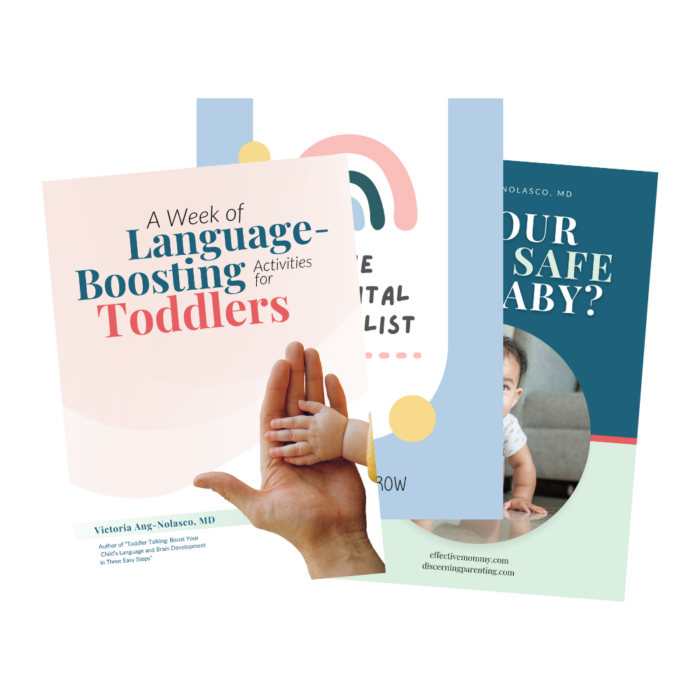How Gentle Parenting Can Help When Siblings Are Fighting
Here it comes again. You hear the little voices in the other room start to get louder and higher and you know yet another sibling fight is ramping up. “Why do they fight all the time?” you think to yourself as you prepare to intervene for the seventeenth time today.
If you recognize this scenario, you’ve probably had these kinds of thoughts: “Will these kids ever learn to get along? How can I teach them to solve their own problems? If they could just learn to cooperate, maybe I could drink an entire cup of coffee in peace…”
If it feels like your efforts to manage sibling fights in your home are getting nowhere, here are some mindset shifts that can help you re-focus and get clear about what it is you’re trying to accomplish.
Communication is the Key
As adults, we know how important communication is when it comes to solving a problem with a peer. Even with all that knowledge, I bet you can think of a time when you were not using the most effective communication to get your point across!

Taking time to teach your kids how to appropriately express their feelings and navigate conflicts with each other will be beneficial for them as well as for you. When they are very young, you can give them statements that help them understand the situation clearly. A statement like, “You are mad at your brother because he knocked your tower over,” might seem obvious to you, but for a child in the middle of feeling big feelings, it’s not always so simple to access their feelings with words.
As your children get better at naming and voicing their feelings, you can begin to ask more questions instead of making statements. “It sounds to me like you’re really upset at your brother. Can you explain what happened and how it made you feel?”
Free RESOURCE LIBRARY
Sign up below and get FREE access to the Discerning Parenting Resource Library!

Encourage Problem-Solving
One of the easiest (and often accidental) ways parents keep their kids from finding their own solutions is by jumping in immediately with answers every time. Asking questions that lead kids to discover their own solutions can help them learn important skills like creative problem-solving and cooperation.
Will the solutions they come up with always be viable? Of course not. Little sisters can’t always be sent to the moon in a rocket any more than big brothers can be turned into toads. However, with some prompting and suggestions, children can learn to solve problems without always having to rely on an adult to intervene.

